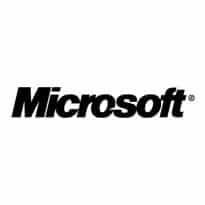Microsoft has launched software to enable NHS staff using modern versions of its Windows operating system to connect to the NHS Spine using NHS smartcards.
Until now, only staff using Windows XP have been able to connect via smartcards to the Spine infrastructure, which provides authentication and access to national services, such as the Personal Demographics Service.
Microsoft says the launch of Microsoft Identity Agent will enable staff using Windows 7 or Windows 8 to do the same thing, supporting a shift away from the older operating system and the development of more modern applications.
Microsoft has said that it will cease support for Windows XP on 8 April 2014; along with support for Office 2003.
The company itself acknowledges that “the majority” of NHS workers are still using Windows XP, which was introduced in 2002.
The OS was succeeded by the less-than-popular Windows Vista in 2006, and the better-received Windows 7 and Windows 8 in 2007 and 2012, but many NHS organisations have proved reluctant to migrate away from it.
The reasons given include the difficulty of migrating from XP to Windows 7 and Windows 8, the range of applications that were built for XP, and the difficulty of training hundreds of staff to use an OS that looks very different to the 2002 system.
“Identity Agent will free the NHS to use powerful modern software features, from virtual application streaming that improves management of desktops to 64bit processing to process large image files such as medical scans, said Alastair Dick, Microsoft NHS chief technology officer.
Microsoft has billed Windows 8 as an operating system built with mobility in mind, so Dick added that Identity Manager should also enable trusts to move to software that would “support slate devices so doctors walking around wards have instant access to the right data.”
The company has worked with Lancashire Care NHS Foundation Trust to provide a reference architecture for the new software, which is being evaluated by another 45 NHS organisations.

